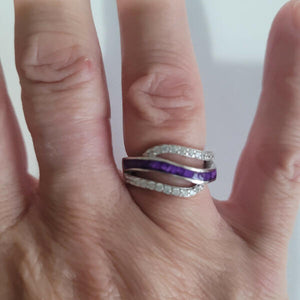Donating your body to science, what you need to know

Donating your body to science may not appeal to everyone. However, if you feel that this is something you would like to do we will explain how to go about it.
What does donating your body to science mean?
It means that you will leave your body to a training or research institute. This is often a medical school where healthcare professionals train or develop new treatments and donated bodies make a very important contribution to research.
You will probably not be able to determine exactly in what way your body will be used. However, you can express any preferences you have to your chosen institution.
Every year more than 700 people in the UK decide to donate their body to science.
You do not have to donate your entire body. You can choose to donate just your tissues or your brain. Find out more about tissue donation here. Discover more about donating your brain here.
Most institutions prefer you to be fairly local to them, and you should contact your chosen recipient to see what options they offer. You can opt for different lengths of time during which your body can be used. These can range from a few months, to a number of years, or even indefinitely. You will need to register your intention and fill out a form with your chosen institution. Remember to check the terms carefully.
You should also have a back-up plan in case you die from something which would exclude your body being used as you desire.
What will happen to my body?
The named recipient will collect the body and check it for any infectious diseases. If none are found the technicians will normally embalm the body so extending the length of time that it can be handled.
When the time that you agreed to is over, the institution will normally cremate the body without charge and return the ashes to the family. However, if you wish to be buried they can also return the body.
Some institutions cover the cost of a small private funeral service for the donor. At others, there is a yearly thanksgiving service that donor's families can attend.
Normally donating your body to science means that you can not be an organ donor. Removing the organs makes the body not useful in research. However, you can still make arrangements to donate your body if you wish in case your organs do not find a transplant match.
Talk with your family about donating your body to science.
It is very important to discuss your decision with your family. They will need to know what arrangements to take soon after your death. You should also talk to them about having a remembrance service without a body. A funeral is an important part of their grieving process. Later when the ashes are returned many families choose to put them in a beautiful urn and have another celebration of your life.







